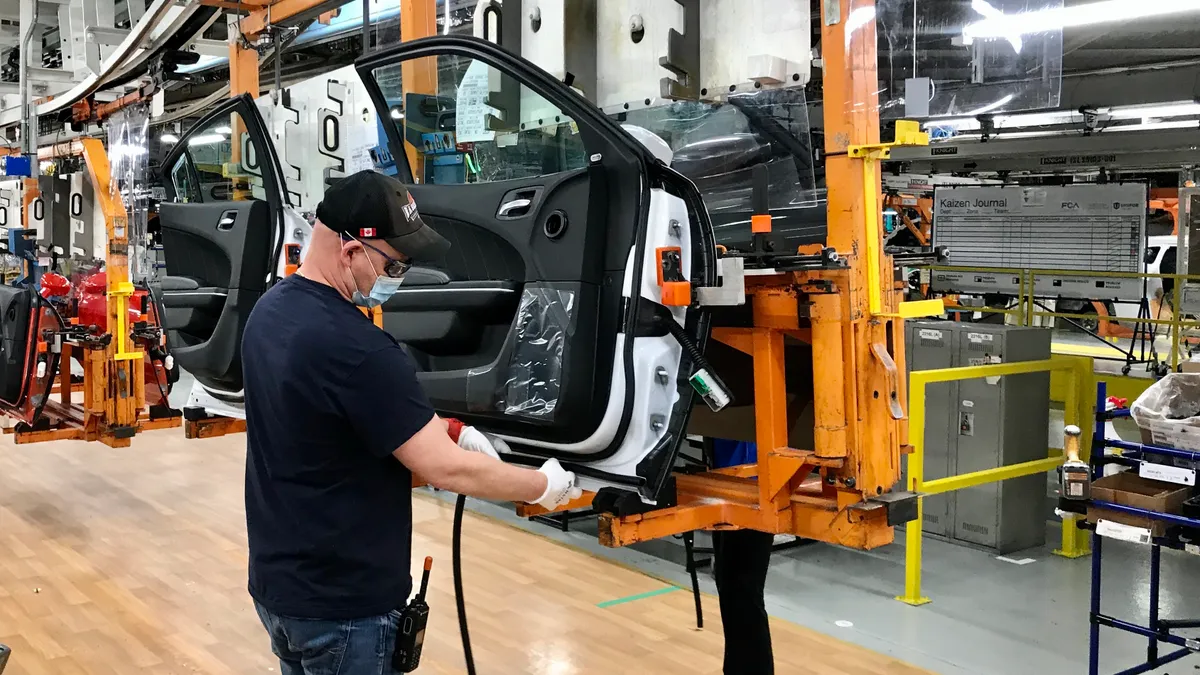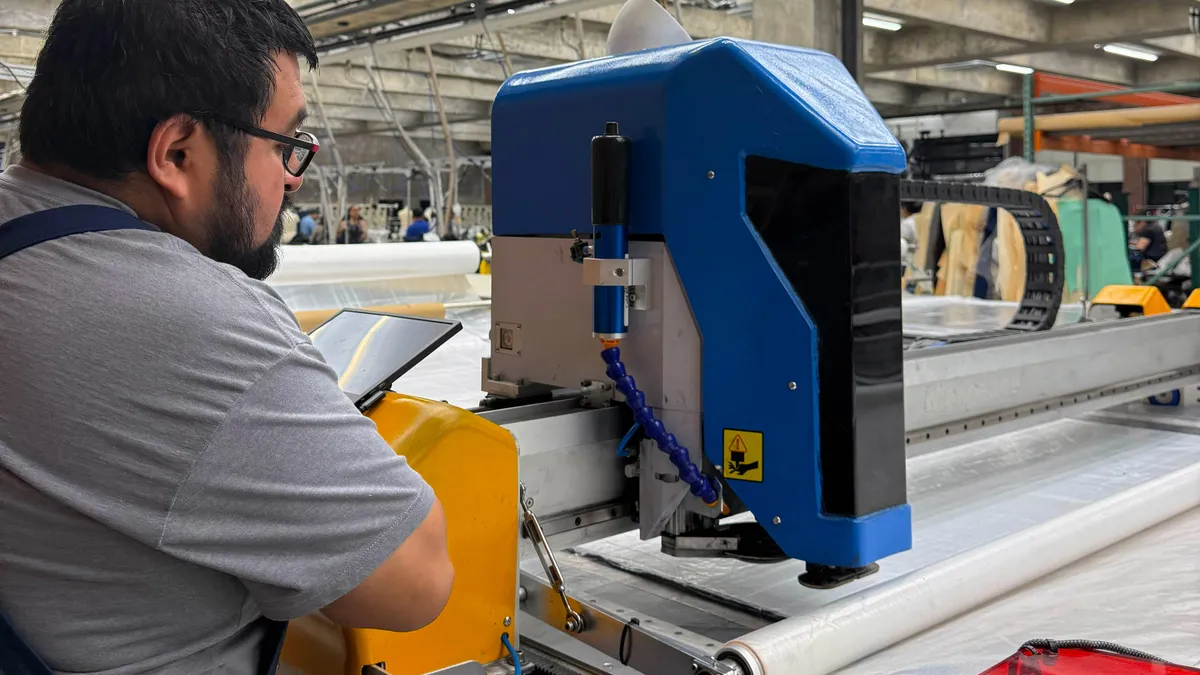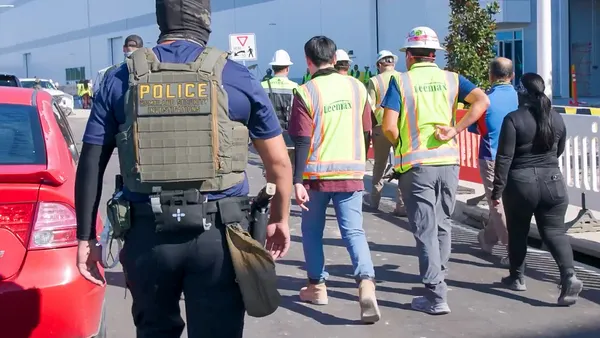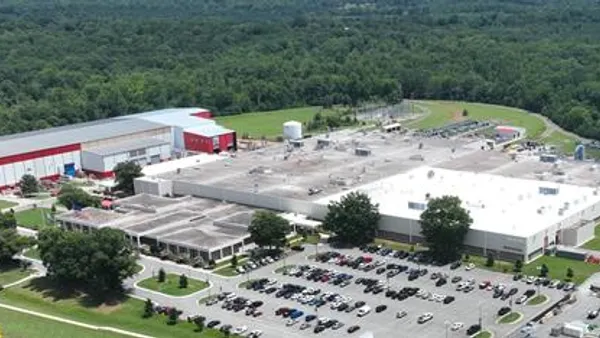Labor agreements between the United Auto Workers union and GM, Stellantis and Ford have been ratified, but that doesn't mean challenges in auto supply chains are over.
With contracts solidified, the Detroit 3 are expected to ramp up production to make up for lost time, Ann Marie Uetz, bankruptcy partner and vice-chair of Foley & Lardner’s national litigation department, told Supply Chain Dive in an email. This means that suppliers will also be scrambling to catch up.
“We’ve already seen other [OEMs] agree to pay higher hourly wages as a result of the UAW strike, and suppliers will likely be next — especially the larger tier 1 suppliers,” she said.
Some suppliers are opting to run extra shifts to catch up on production, Uetz explained. She added that some customers are choosing to extend payment terms, and suppliers need to be vigilant in order to get paid in a timely manner.
It is also important for suppliers to manage customer contracts so that they are aware of their rights and obligations.
“Watch for things like amended purchase orders or terms and conditions, and consider whether to accept or object to them as they are issued — there can be traps in those amendments,” she added.
While mitigating the strike’s ripple effects has been a process for suppliers and automakers, preparing for these types of disruptions is also challenging, Doug Mehl, partner and Americas lead of automotive and industrials at consulting firm Kearney, told Supply Chain Dive in an email.
“In a high-volume industry like Automotive, it’s hard to plan for complete shutdowns of assembly plants,” Mehl said. “Suppliers can build inventory ahead, but only to the extent they have space and capital. Building ahead also creates potential quality issues from excess handling and storage.”
Going forward, auto supply chains will also have to find ways to attract and retain the workers necessary to maintain production levels.
Workers are still hard to find, even though supply has improved since the heights of the COVID-19 pandemic. Absenteeism and attrition are high which creates “bottlenecks in the supply chain, high costs from training and development, and often quality issues from inexperienced personnel,” Mehl said.
Meanwhile, some expect non-union employees to seek “higher wages after seeing what the UAW was able to achieve with the Detroit 3,” Uetz said.
Geopolitical risks also remain an issue plaguing auto supply chains.
“Companies saw the implications of being over-exposed to a single country when COVID hit and supply chains from China seized up,” Mehl explained. “Company supply chains were hit again when Russia invaded Ukraine. The stakes are much higher with China — with the potential impact being 15-20 times worse than the impact of Russia/Ukraine.”
Mehl added that many companies are already rethinking their global supply strategies, and that suppliers and other industry stakeholders need to prepare for the geopolitical uncertainty with China to mitigate possible risks.
“This isn’t just preparing for a potential military conflict in Asia or elsewhere — escalating policies can also be devastating,” Mehl said. “These could include tariffs, export controls, investment controls, energy prioritized for national companies, competitors subsidized creating an uneven playing field, and even travel restrictions on executives.”













